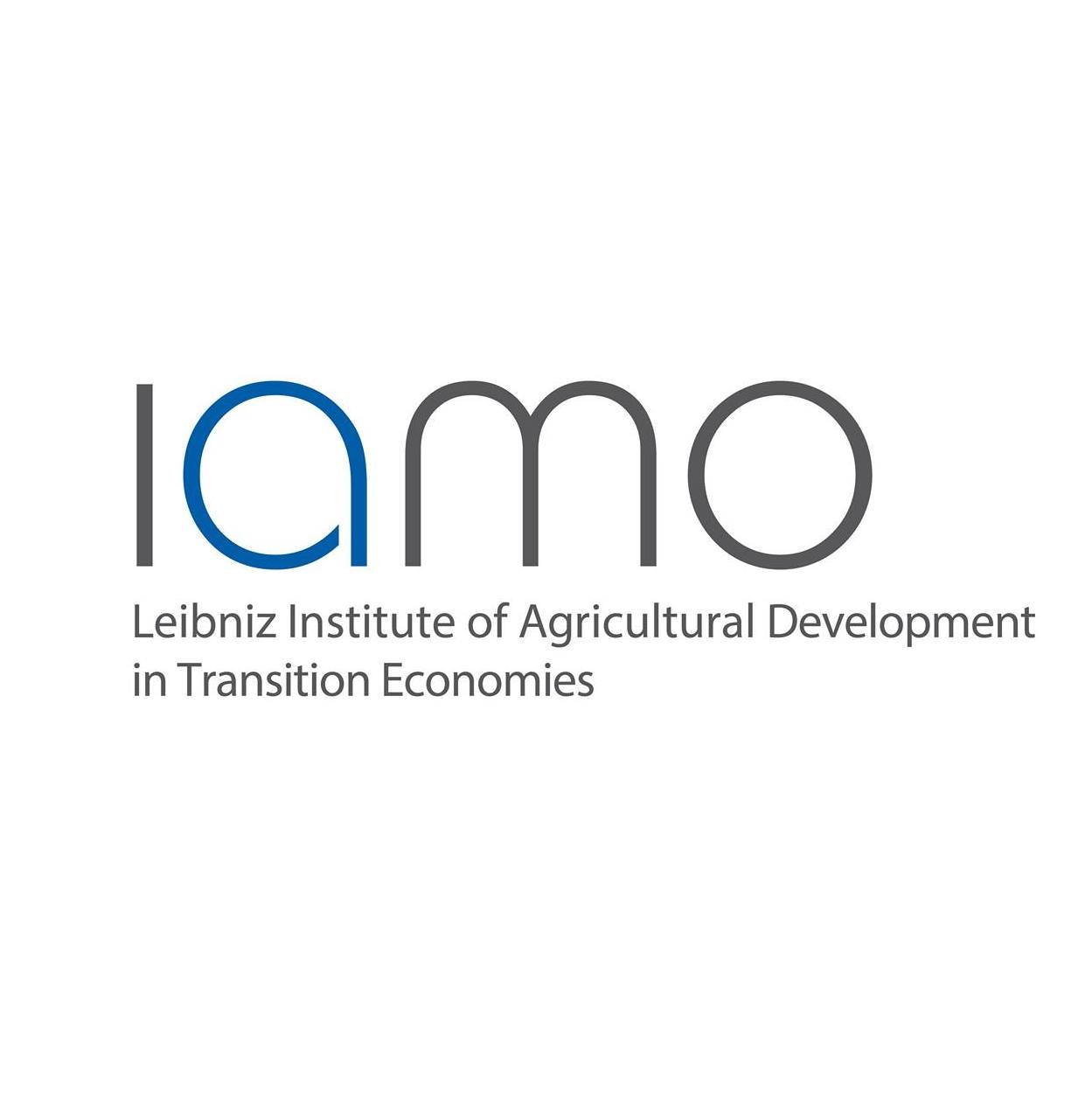Leibniz Institute of Agricultural Development in Transition Economies (IAMO)

Leibniz Institute of Agricultural Development in Transition Economies (IAMO)
About Leibniz Institute of Agricultural Development in Transition Economies (IAMO)
Leibniz Institute of Agricultural Development in Transition Economies (IAMO) was established in the year 1994. Located in Halle, it is an agro-economic foundation under public law that provides applied research in agricultural economics. This institute investigates the development of agri-food sectors and rural areas. This institute has collaborated on many European projects that focus on structural change in rural areas, agriculture, farms, and agri-food supply chains.
Image of university

Overall ranking of Leibniz Institute of Agricultural Development in Transition Economies (IAMO)
The rank is not available on Edurank.
Courses offered for International Students
This is a research institute. This institute has four departments- Agricultural Policy, Agricultural Markets, Structural Change, and Administration. Currently, they are researching in the fields of Policies and Institutions, Natural Resource use, Livelihoods in rural areas, Organisations of Agriculture, Agricultural Value Chains, Chiana International Research Group, and Central Asia Research Group.
Scholarships & Financial aids:
data unavailable.
Internships near the University
Internships are the best way to gain practical experience while studying. Students can check the website for further information. Companies like KWS Group, K+S Aktiengesellschaft, Continental AG, etc hiring for internships in the field of agriculture. Apart from that if students want to explore they can do internships in other fields. For example, Porsche Leipzig GmbH, Peek & Cloppenburg, BMW AG are some companies that offer internships in Halle.
Jobs near the University
Students find it necessary to do part-time jobs while they studying in Germany. They can join as HiWi in universities or they can do off-campus jobs, for example, private tutor, cashier, babysitter, bartender, etc. Companies like BRUDERKOPF GmbH & Co. KG, Helmholtz-Zentrum für Umweltforschung UFZ, Bayer, Cargill etc offer part-time jobs in the filed of agriculture.In addition Zenjob GmbH, Dell Technologies are some companies students can search if they want to do part-time jobs in other fields.
Housing and Accommodation
This institute does not offer any accommodation. Students have to arrange accommodation by themselves. Students can expect to spend 270 Euros-550 Euros per month for accommodation in Halle.
Cost of Living
This institute does not charge any tuition fees or semester contributions. They offer scholarships programs for selected doctoral candidates. They provide a fellowship of around 1000 Euros- 2000 Euros per month depending on the qualification. The cost of living needs to be covered by the fellowship provided by them.
Places to visit near the University
Halle is a city located in central Germany. Some places to visit in Halle are as follows:
- Francke Foundations- It is known as Glauchasche Anstalten and it is listed as a UNESCO World Heritage Site since 1999.
- Händel-Haus- It is a cultural site located in Halle.
- State Museum of Prehistory Halle (Saale)- It is an archaeological museum. This museum has more than 15 million items.
- Zoologischer Garten Halle (Bergzoo)- It is a hilltop zoo and has 250 species.
- Kunstmuseum Moritzburg Halle (Saale)- It is a fortified castle located in Halle.
This research institute has a unique approach to basic and applied research on international agricultural development. Their focus is on the economic and social implications of agricultural transformation processes in the former centrally planned countries.

